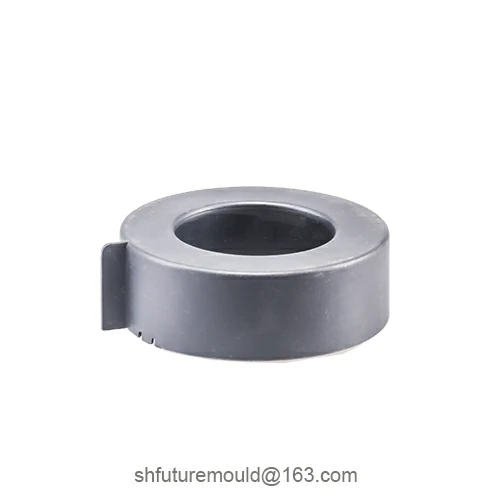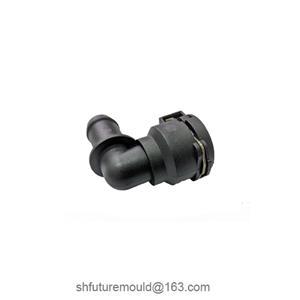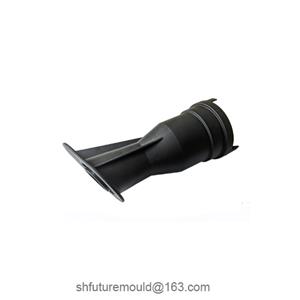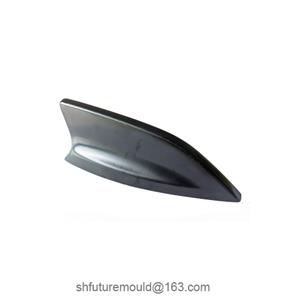Industry News
-
Mold Protection Methods in Injection Molding
Protecting molds during injection molding not only extends their lifespan but also enhances production efficiency and product quality.
02-12-2024 -
Causes of Runner Adhesion in Injection Molding
Runner adhesion is a common issue in injection molding that can negatively impact production efficiency and product quality.
02-12-2024 -
How to Optimize Temperature Distribution in PPS Injection Molding
PPS (Polyphenylene Sulfide) is a high-performance engineering plastic known for its excellent heat and chemical resistance. However, due to its high melting point, temperature control is critical during the injection molding.
02-12-2024 -
What Temperature Should Plastics Reach?
In injection molding, controlling the plastic temperature is a crucial factor. The required processing temperature varies depending on the type of plastic.
28-11-2024 -
Technological innovation and future trends of injection molds in the medical field
The production of medical devices places stringent requirements on the precision, complexity, and materials of injection molds. As medical technology advances and the demand for personalized healthcare grows, medical injection molds are evolving to meet increasingly complex manufacturing needs.
28-11-2024 -
The Impact of Residual Stress on Injection Molded Products
Residual stress in injection molded parts refers to internal stresses that remain within the product after the molding process. These stresses are caused by non-uniform shrinkage, molecular orientation, and other factors that occur during the filling of the mold and subsequent cooling and solidification of the molten plastic.
28-11-2024 -
How Are Sink Marks Formed on Injection Molded Products?
Sink marks are a common surface defect in injection-molded products, typically appearing as localized depressions or wavy patterns on the surface. Their formation is primarily related to material properties, mold design, and molding process parameters.
27-11-2024 -
Principles for Designing Cooling Circuits in Precision Injection Molds
The design of cooling circuits in precision injection molds is a critical factor affecting product quality and production efficiency. A well-designed cooling circuit ensures uniform cooling of the molded part, reduces cycle time, and improves dimensional accuracy and surface finish.
27-11-2024 -
Which industries rely heavily on PPS materials?
PPS (Polyphenylene Sulfide) is widely applied in various industries due to its excellent heat resistance, chemical resistance, dimensional stability, and electrical insulation properties.
27-11-2024 -
UV Treatment for injection molded parts
UV treatment is a common surface finishing process for plastic injection molded parts. This process involves applying a UV-curable coating to the plastic surface and exposing it to ultraviolet light. The UV light generates a rapid curing reaction, forming a hard, durable, and glossy protective film. This process not only enhances the appearance of the plastic parts but also improves their properties such as abrasion resistance, chemical resistance, and weatherability.
26-11-2024




